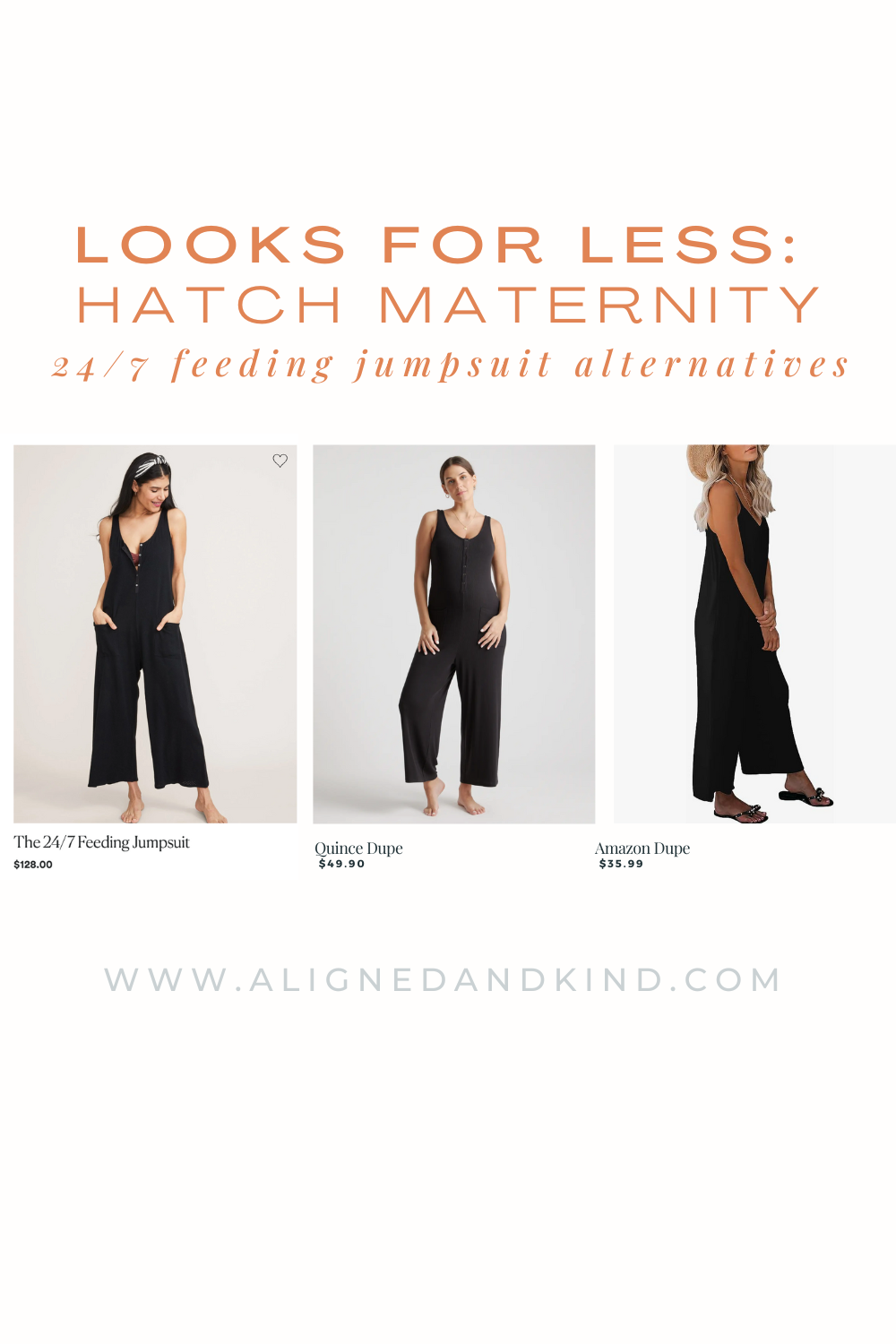The Second Agreement: Don’t Take Anything Personally
The Four Agreements by Don Miguel Ruiz is one of my favorite books of all time. As a coach who helps creative entrepreneurs gain clarity and confidence, I believe all four agreements are essential to living in alignment with your unique purpose. vI want to share about the second agreement and simple ways you can practice it in your life.
The second agreement is Don’t take anything personally.
To not take anything personally means embracing the belief that everyone is doing the best they can with the tools they have. Even if your brain tries to convince you that others’ actions are about you, they’re never really are. Other people’s decisions and actions are always about them.
Ruiz describes it like this: “All people live in their own dream, in their own mind. When we take something personally, we make the assumption that they know what is in our world... Even when a situation seems so personal, even when others insult you directly, it has nothing to do with you. What they say, what they do, and the opinions they give, are according to the agreements they have in their own minds.”
The empowering part here is that this extends to the thoughts we have about ourselves, too. If the things others say about us aren’t true—they’re just a reflection of that person’s current state of mind—then our negative thoughts about ourselves aren’t necessarily true either.
This agreement is incredibly freeing because when we embrace this idea of taking other people’s judgments (and even our own judgments) with a grain of salt, we feel lighter and more in tune with our inner sense of wisdom.
Of course, understanding the above and practicing it are two different things. We’re human and we all take things personally at times. (That’s why this agreement ties so well into the fourth agreement, Do your best.)
Four ways to practice the second agreement
Taking things less personally is a skill that takes time and practice. Here are some strategies to practicing the second agreement.
Awareness first: acknowledge what you’re thinking and feeling
Simply becoming aware when you’re taking something personally is the first step. To give yourself the freedom to feel without judgment or criticism is such a beautiful thing. When you notice you took something personally you can usually feel it. This feeling is your guidance telling you something is off. A thought is off. Try carving out 5 to 10 minutes to journal about what made you feel the way you felt. Journaling can feel really therapeutic and it’s a great way to bring awareness to your thought cycles
Next, get curious about your thoughts that made you feel. Time to investigate: what if your thoughts aren’t true?
As you journal, explore this idea: What if the thought that made me feel this way isn’t true? What if it really isn’t about me, but it was about them? Sitting with this idea, even if it feels hard to wrap your head around, allows you to tap into that inner guidance that you already have.
Choose a mantra and practice it when that feeling of “this is personal” pops up
Think of a mantra or quote that resonates with you, especially in these moments of taking things personally.
You can try a mantra of: “This isn’t personal.” Or, “They are doing their best,” or “This is not about me. This is about them,” or, “There may be something I don’t know here that would make me feel better.”
Recognize your triggers and practice alternative thoughts
Pay attention to situations or comments that tend to make you feel defensive or upset.
Are there certain topics, or ways people speak to you?
Once you identify your triggers, you can start to anticipate them and practice your new thoughts in response. New thoughts will create new feelings and responses
Shift your perspective
Is the person known for being critical? If so, then it’s not personal, it’s their personality.
Is the person having a bad day? Maybe they didn’t sleep well last night.
Try to remember, most people aren't trying to be hurtful. Maybe they're offering feedback, or just offering a different opinion.
Sometimes people act out of frustration or their own problems, not because of anything you did.
Develop healthy boundaries:
It's okay to say no to requests or remove yourself from situations that are draining or upsetting.
Focus on what you can control:
You can't control other people's words or actions, but you can control your own reactions.
Additional resources that you might find helpful:
This article from Verywell Mind offers more in-depth strategies for how to not take things personally https://www.verywellmind.com/how-to-not-take-things-personally-6541892
This TED Talk, "The courage to be vulnerable," by Brené Brown, discusses the importance of self-compassion https://www.youtube.com/watch?v=iCvmsMzlF7o
Remember, it's okay to feel hurt or upset sometimes.
By practicing these techniques, you can learn to let things go more easily and protect your emotional well-being. The goal isn’t perfection, it’s more about opening your eyes and increasing your curiosity—in your own reactions, in the reactions and perspectives of others. The more we do that, the freer and more fulfilled we feel in our everyday lives.
And that’s the really cool part: Practicing not taking things personally allows you to show up more as yourself and not worry as much about how others are perceiving your actions & words. That means less walking on eggshells, more living in alignment with the incredible, unique human that you are.
Are you looking for some tools to help you reframe your thoughts and feel better? I have a list of some alignment tools that includes books, writing prompts and other things that can help you feel better.
Feeling that true sense of alignment with your inner wisdom is totally possible. Learn more about how coaching can help you strengthen the connection with yourself and mindfully create the life of your dreams with a complimentary clarity call.
For a deeper understanding of the other agreements, along with tips on how to practice them, check out these posts on
You can purchase your Four Agreements book here.
There are more easy ways to remember how to be in Alignment but these are the ones I find are the easiest, to begin with. Try practicing one or two of these A’s every day or noticing where it’s more difficult to practice. Be gentle with the process.
I believe the most important relationship to nurture is the one you have with yourself. If you found yourself here, it’s likely you do too.
Aligned + Kind was created as a place to support you in continuously using your powerful intuitive guidance system to create the life you desire. You’ll transition away from the things you think you have to do, to deliberately choosing and creating the things you deeply desire to do, the things that brighten our world. My coaching packages are designed to help you align with your truest desires. If you're interested in learning more, book a call below to learn more about coaching with me.












